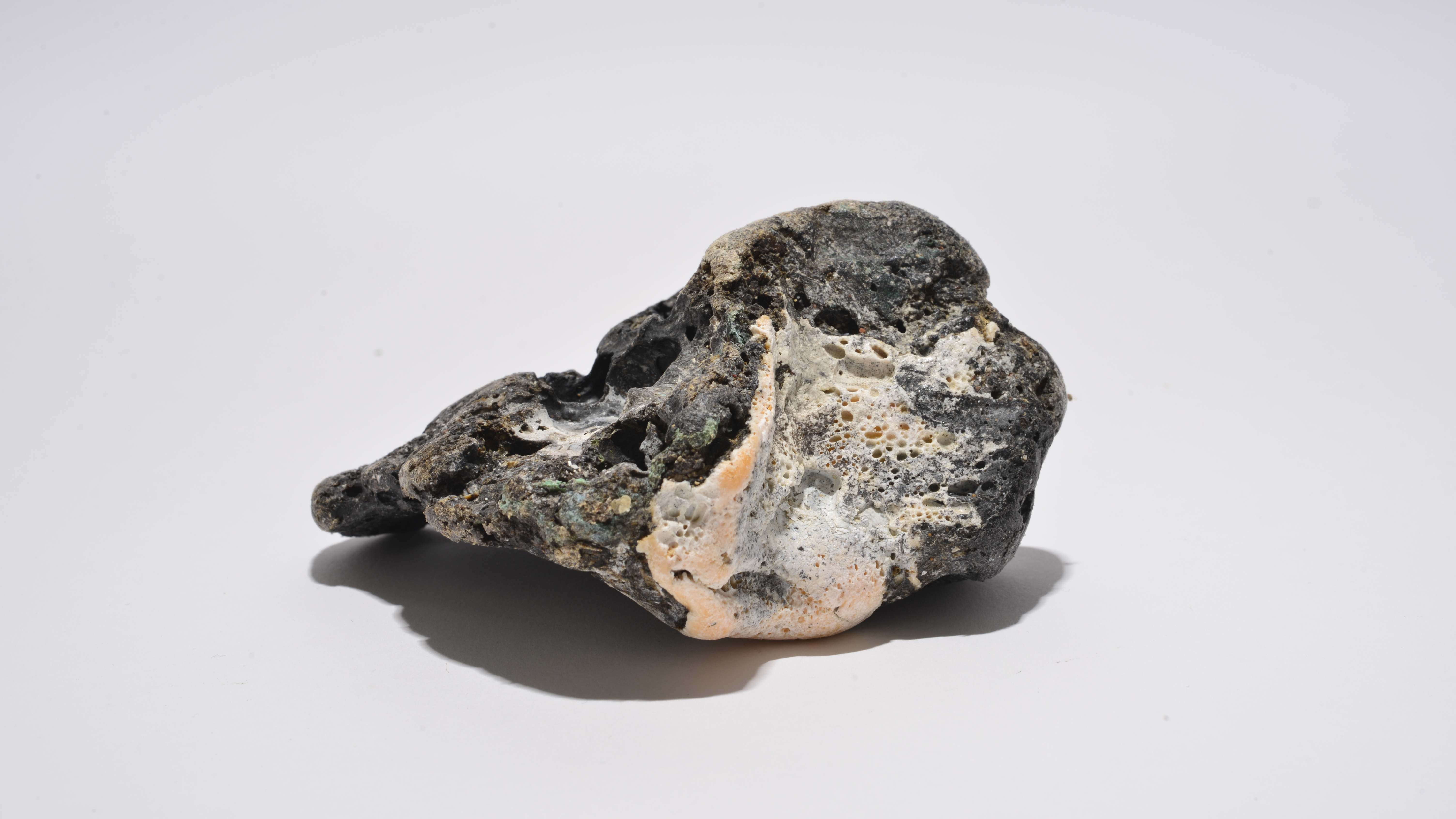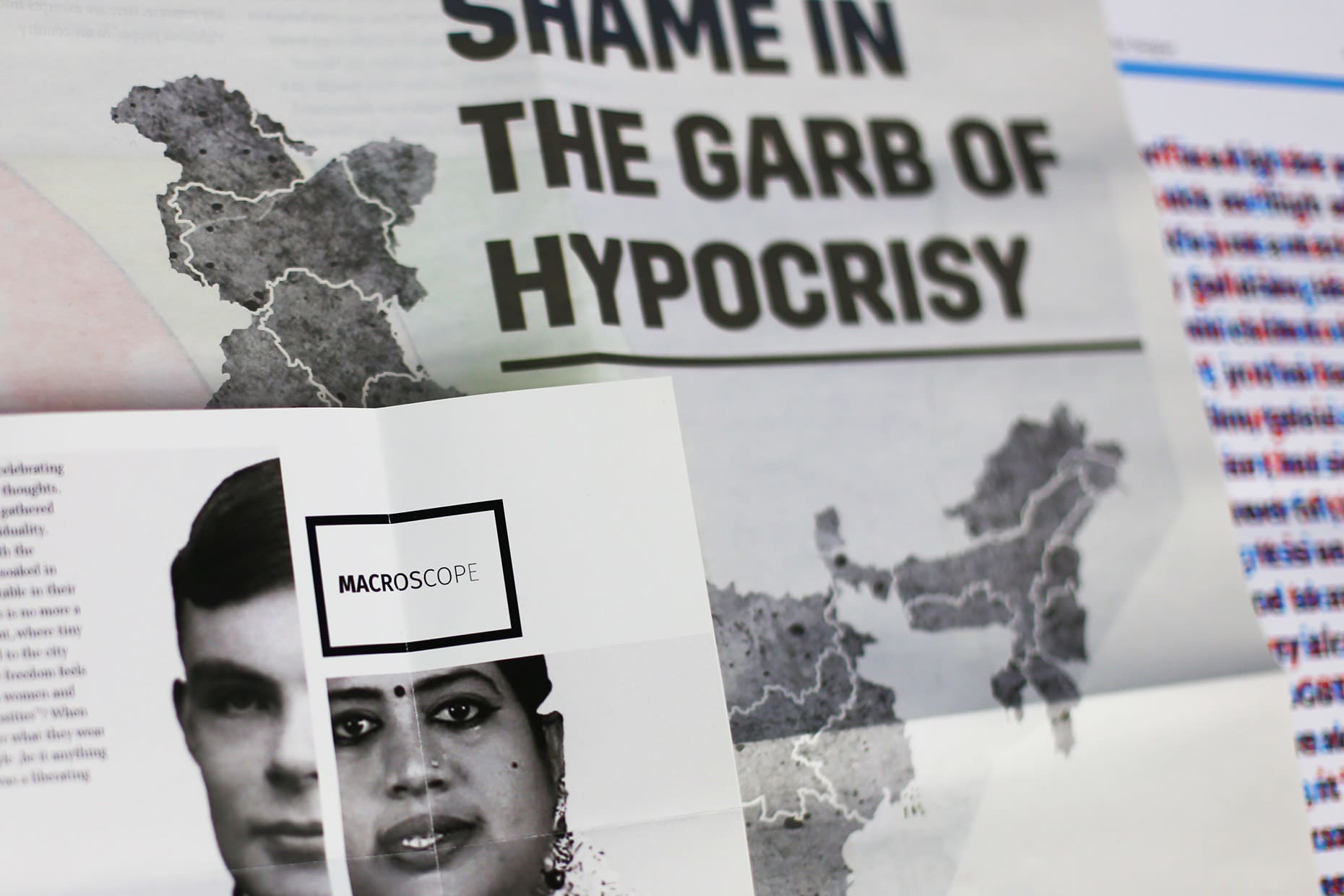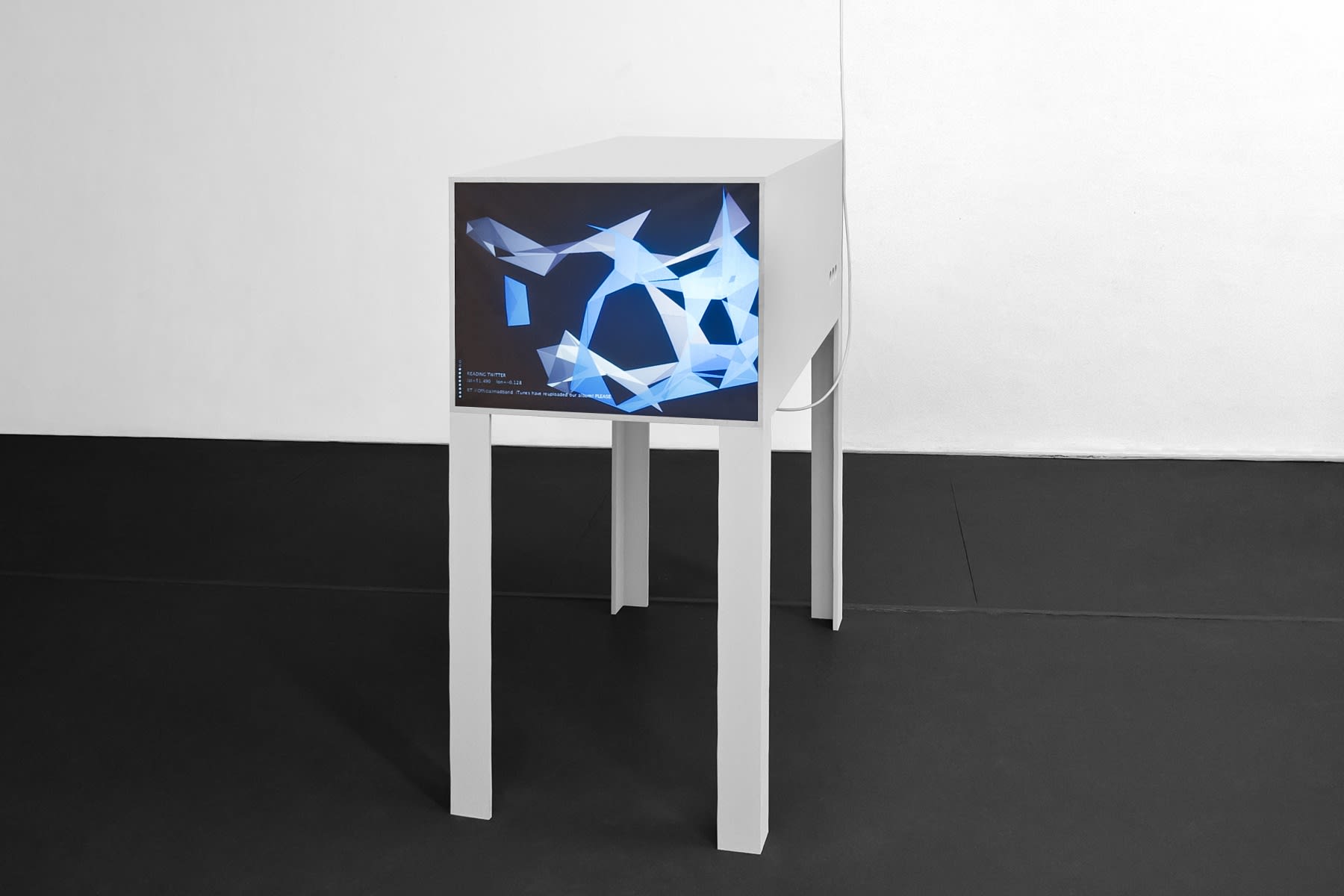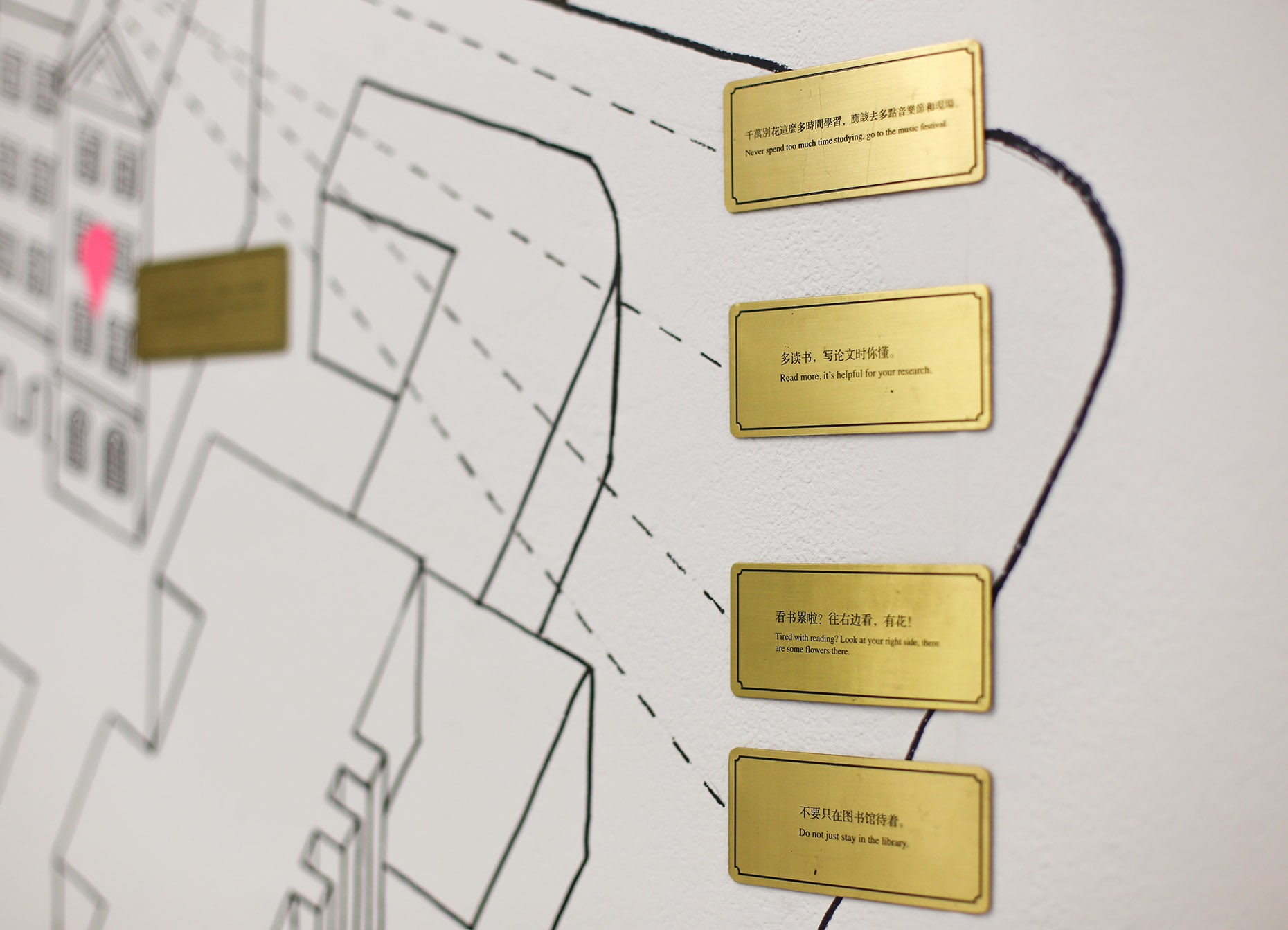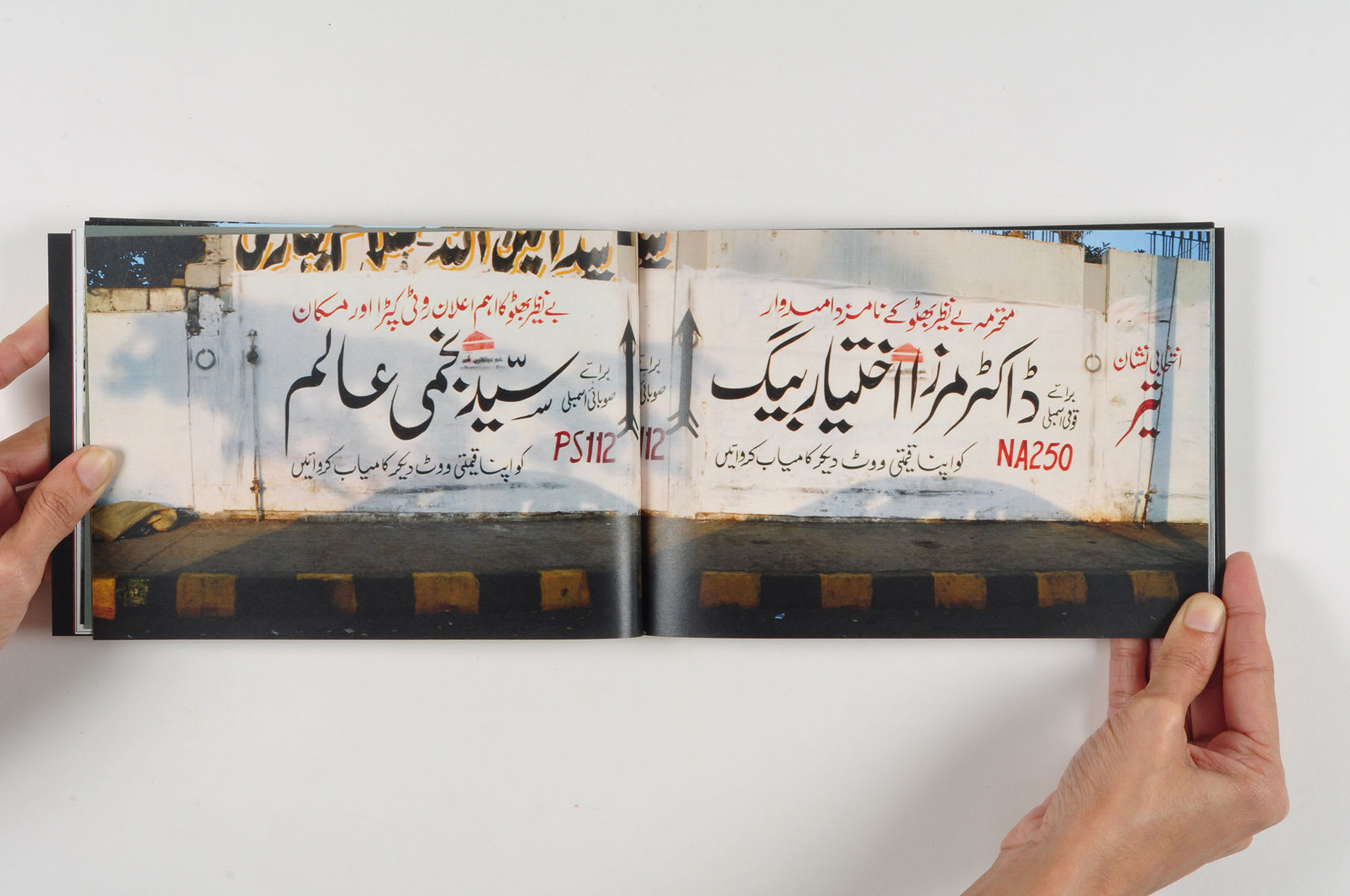Course units
Unit 1: Design methods and critical practices
Unit 1 introduces you to the MA Graphic Design Communication course. It provides a foundation for your postgraduate studies in design. By engaging with diverse graphic and communication design examples you’ll begin to build research skills that connect writing and practice. Through making and documentation of your process you'll expand your knowledge of graphic and communication design and situate your own knowledge and experience within this. During the unit you’ll work both independently and collaboratively.
Unit 2: Emergent design
In this unit you'll explore diverse and emergent methodological approaches within design practice research and be introduced to contemporary Critical Design practices. You’ll test and interrogate a variety of methods some of which you’ll integrate into the development of your own design proposal. Your design proposal will reflect your personal position and values as a designer, while drawing on the expertise of the staff team and visiting practitioners. Your portfolio will expand to include new design contexts, investigative processes, and alignment to interdisciplinary practices and communication strategies.
Unit 3: Situated design
Having developed your personal practice in Unit 2 you’ll now adapt it to a specific context beyond the university. You’ll explore design theories and practices to help integrate your chosen context into your project. Engaging with a range of situated practices and discourses will help your design work become more responsive to a specific community, site or network.
Note: 120 Credits must be passed before the final unit is undertaken
